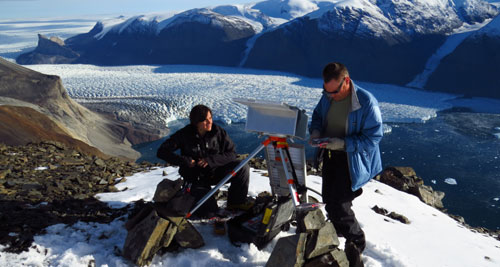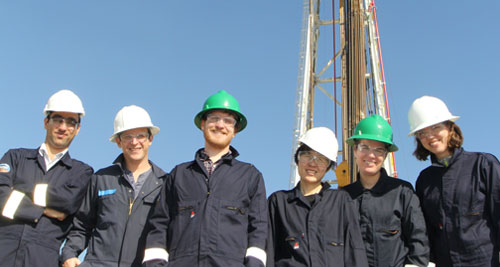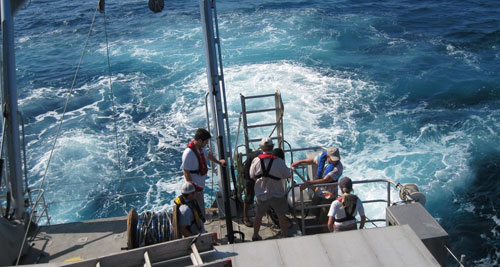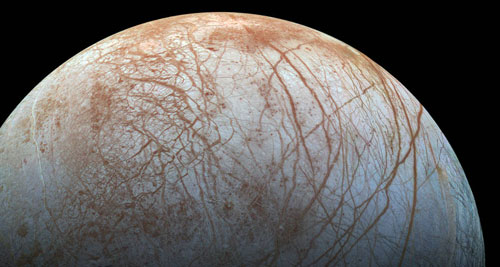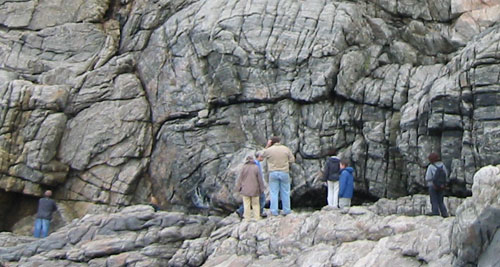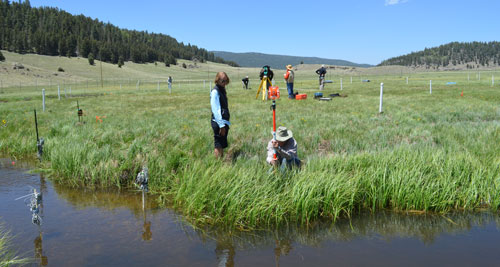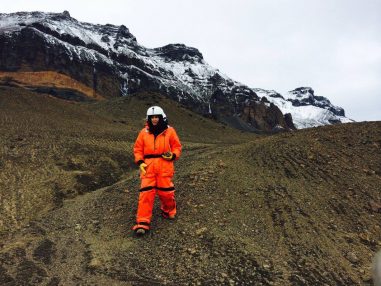
Research at the Jackson School of Geosciences occurs across themes that encompass the entire Earth system and other planetary bodies in our solar system. The six broad themes explore the linkages between earth processes and systems, and bring the fundamental geoscience disciplines together in a way that encourages collaboration and interdisciplinary research.
We encourage students to get involved with research at every academic stage, including undergraduate students. There are ample opportunities to work with experts at each of our three world-class research units. The researchers across these units are leaders in their field, and often work on the frontiers between disciplines where major developments are taking place.
